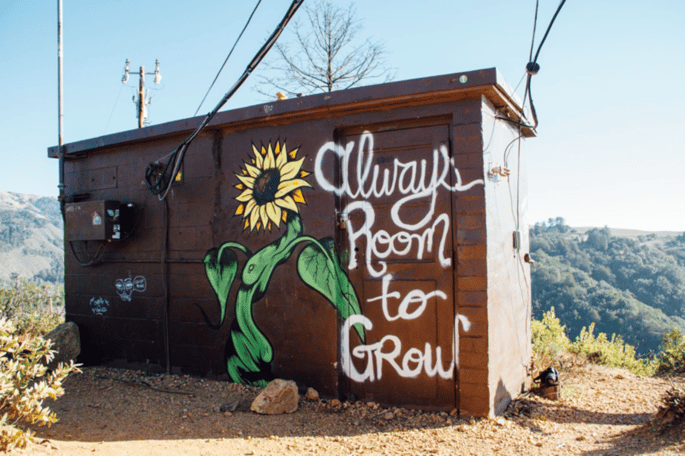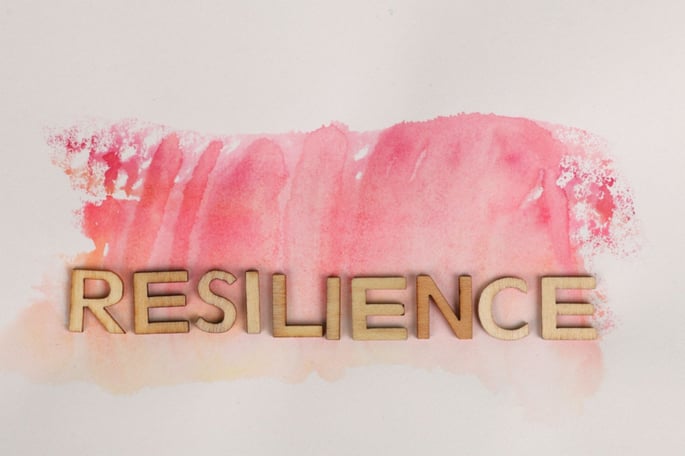How to use Anders Ericcson’s research into skill building to practice anti-racism
6-minute read
The Movement for Black Lives has ignited a global focus on racial justice, White supremacy, and systems of racial inequity. A historic and necessary conversation is going on in every corner of civic life, from dining rooms to local government to newsrooms to businesses.
We at LifeLabs are also engaging in this critical reflection, including connecting anti-racism with what we know about how adults learn and grow. For insight into how we can own our growth as an anti-racist company, we often return to cognitive psychologist Anders Ericsson’s framework for 'Deliberate Practice.'
Small, specific goals
Deliberate practice means setting clear goals. For Ericsson, well-defined and specific goals means small goals. In physical terms, it’s the difference between the goal, “Become a better basketball player,” and the goal, “Dribble with the left hand while sprinting.” Small goals allow for clear, achievable progress without overloading the brain’s cognitive processing power.
In the case of an existentially overwhelming goal like “Dismantle White supremacy,” it’s important to find smaller, manageable goals to drive micro-changes in the journey towards a truly just society.
Consider using the LifeLabs DEI playbook as a catalyst for setting your own organizational anti-racism micro-goals. For example, consider beginning with the Inclusion Audit.
Working groups and teams may set small goals, like creating equal talk time in meetings or embedding behavioral interviewing practices into the hiring process. Designers may practice ‘liberatory design’ as they think about their products and services.
Another anti-racist vector inside your organization may be advocacy. You might consider breaking your practice goals down into a variety of micro-skills vocalizing difficult questions, or stepping in when microaggressions occur.
For many White leaders, simply talking about race and White supremacy at work without defensiveness may be a starting place. Successfully being able to receive feedback, actively listen, and create air-time for others to speak are foundational skills that preview a transformative future.
Real growth takes focused time
Ericsson’s research shows that deliberate practice takes a level of heightened concentration that can be difficult to sustain even when we care deeply about the outcome. Long-term skill development comes in concentrated, consistent bursts over time. Imagine how weightlifters do specific amounts of reps and sets instead of lifting small amounts of weight all day.
For organizations, practicing active anti-racism requires us to clearly and consistently delineate space and time to do the work. This is no small feat – time is often the most precious resource, especially during times of economic anxiety.
At LifeLabs, we’re intentionally building structures into our monthly calendars to keep anti-racism front of mind. Colleagues have started a weekly book club to build conversational capacity. A task force is auditing our own research and content for unexamined bias. Weekly all-hands meetings are focusing more regularly on allyship, anti-racist praxis, and the experiences of our Black and Brown Labmates. We’re kicking off a two-month internal training program that will focus on the intersection of identity, teaching, and organizational development. In June, every Labmate was given a day off to dedicate explicitly to anti-racist education and activism, and we shared our learnings with each other afterward.
For organizations that are struggling to create space, hiring a training organization or external facilitator to create an ‘event’ dedicated to talking about bias and systemic oppression can catalyze internal commitment to long-term work.
Whatever your goal, adopting a consistently small burst approach aggregates into lasting transformation.
Feedback - What is working? What is not working?
Ericsson describes practice without feedback as “naive practice.”
The perspectives of others are essential to uncover blind spots and opportunities for growth, gauge progress, adjust, and reset. While conversations about race and White supremacy are rarely comfortable (see below), actively pulling for feedback is vital.
In her seminal book White Fragility, Robin DiAngelo invites us to consider how transformative it would be if colleagues and collaborators gave each other feedback on racist behaviors the same way we might give feedback on our technical work.
The incentive to stay silent is clear: for many White leaders, feedback connected to race, even from other White people, can feel disorienting or unfamiliar. For leaders of color, giving feedback to White colleagues can be a fraught experience informed by a history of rejection or retaliation.
And yet, feedback is a crucial part of the learning process. Deliberate practice requires it. White leaders must honor the risk that Black or Brown colleagues take in sharing racial feedback by embracing it wholly and engaging with it in good faith. For help navigating these types of conversations, consider the work of LifeLabs Learning’s own Vaneeta Sandhu or Roi Ben-Yehuda .
Discomfort is crucial
For Ericsson, there is no deliberate practice without discomfort. Whether the skill is musical virtuosity or leadership communication, mastery requires stretching outside of our comfort zones.
For anti-racist leaders, normalizing and recognizing this discomfort reduces its ability to stop us from moving forward. At LifeLabs, we use a technique called “affect labeling,” simply labeling our emotions and saying them out loud. This process allows us to reduce the intensity of our emotions and move through them with greater ease.
At LifeLabs we expect that we will have uncomfortable moments. We celebrate working through them as signs of tangible growth.
Motivation leads to change
Have we mentioned that deliberate practice is hard?
Ericsson’s framework places huge importance on external motivation. Imagine the power of a coach yelling at you to dig deep for the final ten meters of your sprint or of a painting teacher gently coaxing you towards a more refined brush stroke.
For anti-racism, motivation in the face of hopelessness is crucial. Viral videos of brutal violence spark a moral outrage that motivates us to take swift and decisive action – 2020 has seen the largest street protest movement in American history. However, as the global protests evolve from massive gatherings to localized activism and necessary legislative wrangling, it’s easy for internal motivation to decline in the face of complexity and scope.
To invite a long-term commitment, view organizational core values through an anti-racism lens. For example, at LifeLabs one of our core values is “Courage Over Comfort.” This plank of our culture has taken on new meaning as we engage in challenging conversations in our work towards an equitable future.
Motivation also comes from working with others. Research shows that commitment and buy-in from employees increases if leaders simply message that employees can be effective in the quest for racial equity in the organization. Build positive connections by elevating the stories of Black and Brown colleagues, practicing difficult skills in groups, and collaborating by sharing resources.
For organizational leaders, continue to #SayTheirNames, remembering the lives of Black folks who have been killed as a direct result of White supremacy. Point out the very real, painful, present consequences of inaction.
Similarly, celebrate the successes, no matter how small. Be intentional about giving positive feedback on anti-racist actions, share examples of progress inside other organizations, and remind yourself and your team that this work is a lifelong commitment and practice. And, when in doubt, hold Zoom dance parties for liberation.


